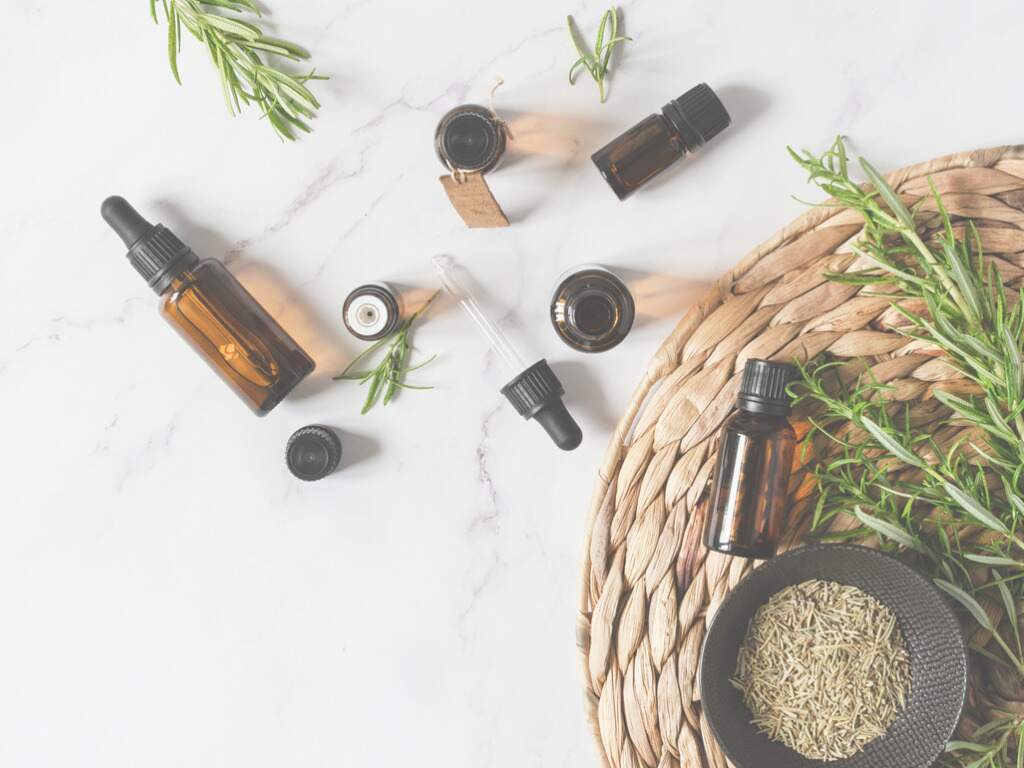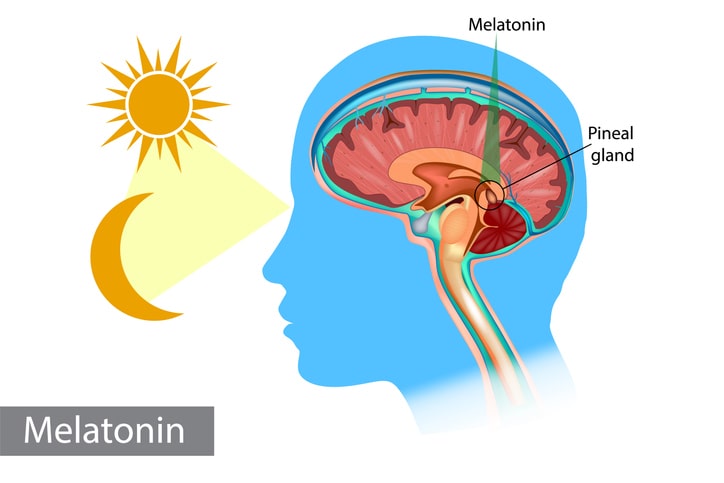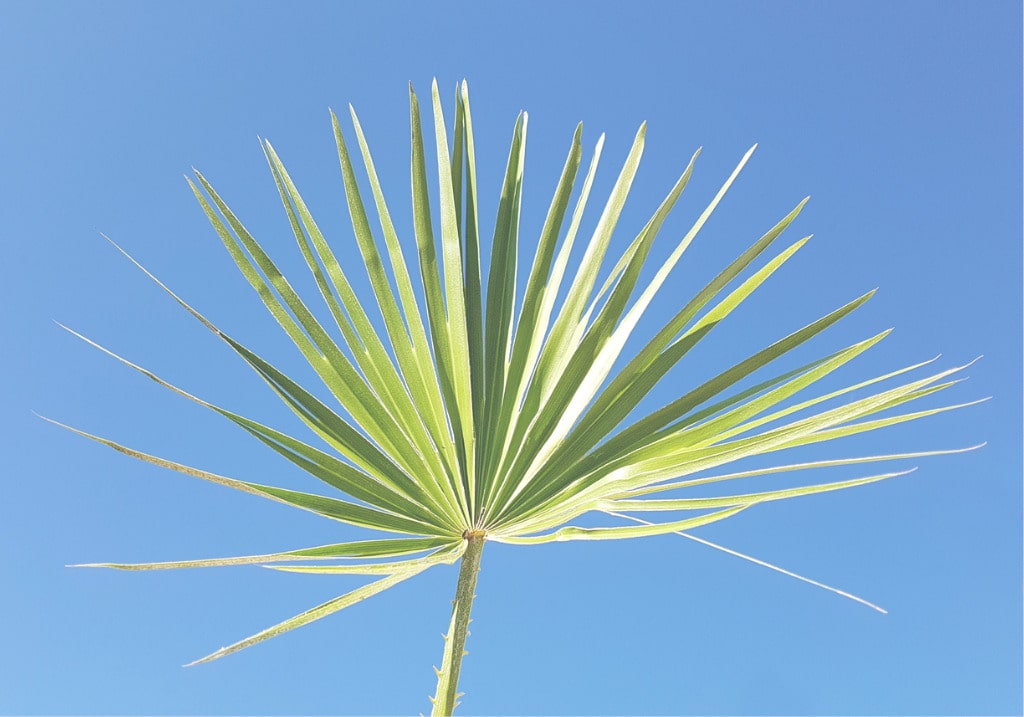This post may contain affiliate links, which means I'll receive a commission if you purchase through my link, at no extra cost to you. Please read the full disclosure here.

Natural Hair Thinning Remedies...What are they?
I wanted to create this post as a summary of some of the natural hair thinning remedies I've already written about.
But what are natural products? Did you like my main blog picture for this article? Natural = woman in a forest.
But seriously....Natural products are things like....vitamins, minerals herbs/botanicals, probiotics etc and are globally marketed as dietary supplements.
For treating hair loss there is data available for the use of amino acids, caffeine, capsaicin, curcumin, garlic gel, marine proteins, melatonin, onion juice, procyanidin, pumpkin seed oil, rosemary oil, saw palmetto, vitamin B7 (biotin), vitamin D, vitamin E, and zinc to treat hair loss (1).
I'm over here with alopecia and sometimes I find myself getting frustrated by the lack of approved therapies for this condition....Can a girl just regrow her hair?
I've always been curious about what alternative treatments are out there that I can potentially add to my current hair loss treatment regimen to promote hair regrowth. But just because something is natural doesn't mean that it's safe. Often times these natural products come with their own potential side effects. Always talk to your doctor before making changes to your treatment regimen.
I think it's important to call out that the natural hair thinning remedies I discuss in this post are not regulated by the Food and Drug Administration. Another issue is that these haven't all been assessed in a randomized clinical trial setting. And there is not always a standardization of the bio-active ingredients.
For example... Let's same you have a pill bottle that says 320 mg Saw Palmetto... The method by which Saw Palmetto is being extracted matters because this may impact its levels of bio-activity around 5α-reductase inhibition. (5α-reductase converts testosterone to dihydrotestosterone (DHT) which is thought to play a role in hair follicle miniaturization) (2).
1. Natural Hair Thinning Remedies: Rosemary Oil

Obviously I gotta kick us off with Rosemary... That’s right! The herb that gives you that slightly minty, peppery, and even woody aftertaste, doesn’t just go great with your cooking... Rosemary might also be an effective treatment for androgenic alopecia. It's also been assessed in alopecia areata.
Some hypotheses around how it may be effective in combating hair loss include:
1. The activity of rosemary on enhancing blood circulation to the hair follicle (3). Does this sound familiar? It should... because this is also similar to the effect of minoxidil.
2. Another mechanism may be rosemary’s antioxidant activity (oxidative stress has been associated with alopecia) (4).
3. Rosemary oil has well-established anti-bacterial and anti-fungal properties (3).
4. It also possesses nourishing and conditioning properties that may leave your hair feeling all soft and silky (5).
If you're interested in learning more about rosemary oil and its impact on hair loss in clinical trials then check out my blog post HERE where I review the studies in more detail.
Please note that many of these essential oils come undiluted and require dilution in things like carrier oils for topical use. So I encourage you to read labels and look for instructions. And always consult with your physician!
2. Natural Hair Thinning Remedies: Pumpkin Seed Oil

hen I think of pumpkin my mind immediately thinks of fall...Waiting in line at Starbucks for that pumpkin spiced latte.... Or scouring the pumpkin patch in search of one that will make a delightfully diabolical Jack-o'-Lantern. But alas...These squashes that we know to be both decorative and the most critical ingredient for our pumpkin pie may also have another use...Combating hair loss.
Some hypotheses around how it may be effective in combating hair loss include:
Pumpkin has antioxidant, anti-inflammatory, antimicrobial, cytoprotective, and antidiabetic effects (6).
The mechanism by which pumpkin seed oil is thought to work as a complementary or alternative treatment for alopecia is by the phytosterols it contains which are known to inhibit 5α-reductase, preventing the conversion of testosterone to active dihydrotestosterone (DHT) (7).
(Remember DHT is thought to a key player in hair follicle miniaturization...So inhibiting the enzyme that converts testosterone to DHT is a major therapeutic target for androgenic alopecia.)
If you're interested in learning more about pumpkin seed oil and its impact on hair loss in clinical trials then check out my blog post HERE where I review the results in more detail.
3. Natural Hair Thinning Remedies: Melatonin

Melatonin...I don't know about you but I am such a night owl. And that can be great if my friends and I decide to hit the town on a Saturday night. But not so great during the work week when I'm tossing and turning in bed as my mind works tirelessly to solve all of life's great mysteries. Examples:
What caused The Big Bang?
Have aliens visited earth?
Will that guy from Hinge ever ask me out or will we keep messaging back and forth for another 6 weeks?
What should my next blog post be about?
So melatonin seemed like a great option to help me fall asleep with fewer side effects than some of the other sleeping medications I had looked into.
(I've linked the one I take nightly below. But keep in mind melatonin is thought to help you fall asleep. It may not necessarily help with you staying asleep. Always talk to your doctor before making any changes to your supplement regimen).
But back to hair loss...Then I saw that melatonin wasn't just being used as a sleeping aid where it is taken as a dietary supplement.
Some studies had actually investigated melatonin mediated hair growth when it was applied topically to the scalp in patients with androgenic alopecia. (I've linked one serum I found which includes melatonin as an active ingredient below).
How is melatonin thought to work in combating hair loss?
The exact mechanism is unknown but it is thought to be a possible candidate to counteract the oxidative stress associated with general hair loss as well as androgenic alopecia because of the strong anti-oxidant properties (8).
Human hair follicles have also been shown to synthesize melatonin and express melatonin receptors and an influence on hair growth cycles has been observed (9,12,13).
There's also been pre-clinical work performed in mouse models and even on goat hair follicle stem cells (11,12).
One pre-clinical study has taken a look at human anagen hair follicles cultivated in vitro at a concentration of 30 μM melatonin. Results showed a significantly faster rate of hair follicle growth in comparison to the culture medium alone (13).
For more information on the clinical studies which have assessed melatonin in hair loss and the outcomes check out my post linked HERE.
4. Natural Hair Thinning Remedies: Saw Palmetto

You may have heard of Saw Palmetto before...This shrub like palm tree is native to the Southeastern United States and has a crown of thorn-shaped leaves that are arranged like a fan along with oblong shaped berries (14).
How is melatonin thought to work in combating hair loss?
The mechanism of action is thought to be similar to that of finasteride. Finasteride is one of the drugs that is FDA approved to treat androgenic alopecia in men by 5α-reductase inhibition.(5α-reductase converts testosterone to dihydrotestosterone (DHT) which is thought to play a role in hair follicle miniaturization) (14). Saw palmetto is also thought to be an inhibitor of 5α-reductase (14).
Saw Palmetto is also thought to decrease DHT uptake by the hair follicle and decrease the binding of DHT to androgenetic receptors (14)
For more information on saw palmetto and its effect on hair loss in clinical trials check out my blog post HERE.
5. Natural Hail Loss Remedies: Vitamins and Minerals

For more background on vitamins and minerals check out my blog post I've linked HERE.
In the post I've linked above I review some vitamin/ mineral deficiencies that have been associated with hair loss conditions like androgenic alopecia, telogen effluvium, and alopecia areata.
I also review some vitamins/minerals that may result in hair loss with over supplementation.
If you're consuming a balanced diet, you will probably get enough vitamins and minerals. However, I still supplement daily with a multi-vitamin which I've linked below to ensure my bases are covered. I also supplement with magnesium separately because my multi-vitamin does not have this.
Thank you so much for reading! Be sure to subscribe so you never miss a post! Sending all the love to my hair loss communities!
XOXO
-Riley
1) Hosking, Anna-Marie et al. “Complementary and Alternative Treatments for Alopecia: A Comprehensive Review.” Skin appendage disorders vol. 5,2 (2019): 72-89. doi:10.1159/000492035
2) Evron E, Juhasz M, Babadjouni A, Mesinkovska NA. Natural Hair Supplement: Friend or Foe? Saw Palmetto, a Systematic Review in Alopecia. Skin Appendage Disord. 2020 Nov;6(6):329-337. doi: 10.1159/000509905. Epub 2020 Aug 23. PMID: 33313047; PMCID: PMC7706486.
3. Panahi Y, Taghizadeh M, Marzony ET, Sahebkar A. Rosemary oil vs minoxidil 2% for the treatment of androgenetic alopecia: a randomized comparative trial. Skinmed. 2015 Jan-Feb;13(1):15-21. PMID: 25842469.
4. Naziroglu M, Kokcam I. Antioxidants and lipid peroxidation status in the blood of patients with alopecia. Cell Biochem Function. 2000;18:169–173.
5. Hay IC, Jamieson M, Ormerod AD. Randomized trial of aromatherapy. Successful treatment for alopecia areata. Arch Dermatol. 1998;134:1349–1352.
6. Hajhashemi, Valiollah et al. “Beneficial effects of pumpkin seed oil as a topical hair growth promoting agent in a mice model.” Avicenna journal of phytomedicine vol. 9,6 (2019): 499-504. doi:10.22038/AJP.2019.13463
7. Hosking, Anna-Marie et al. “Complementary and Alternative Treatments for Alopecia: A Comprehensive Review.” Skin appendage disorders vol. 5,2 (2019): 72-89. doi:10.1159/000492035
8. Tan DX, Chen LD, Poeggeler B, Manchester LC, Reiter RJ. Melatonin: A potent, endogenous hydroxyl radical scavenger. Endocr J. 1993;1:57–60.
9. Fischer TW, Slominski A, Tobin DJ, Paus R. Melatonin and the hair follicle. J Pineal Res. 2008;44:1–15.
10. Fischer TW. The influence of melatonin on hair physiology. Hautarzt. 2009;60:962–72.
11. Kobayashi H, Kromminga A, Dunlop TW, Tychsen B, Conrad F, Suzuki N, et al. A role of melatonin in neuroectodermal-mesodermal interactions: The hair follicle synthesizes melatonin and expresses functional melatonin receptors. FASEB J. 2005;19:1710–2.
12. Zhang W, Wang N, Zhang T, Wang M, Ge W, Wang X. Roles of Melatonin in Goat Hair Follicle Stem Cell Proliferation and Pluripotency Through Regulating the Wnt Signaling Pathway. Front Cell Dev Biol. 2021 Jun 4;9:686805. doi: 10.3389/fcell.2021.686805. PMID: 34150780; PMCID: PMC8212062.
13. Fischer TW, Fischer A, Knöll B, Hipler UC, Elsner P. Melatonin in low doses enhances in vitro human hair follicle proliferation and inhibits hair growth in high doses. Arch Derm Res. 2000;292:147.
14. Evron E, Juhasz M, Babadjouni A, Mesinkovska NA. Natural Hair Supplement: Friend or Foe? Saw Palmetto, a Systematic Review in Alopecia. Skin Appendage Disord. 2020 Nov;6(6):329-337. doi: 10.1159/000509905. Epub 2020 Aug 23. PMID: 33313047; PMCID: PMC7706486.










